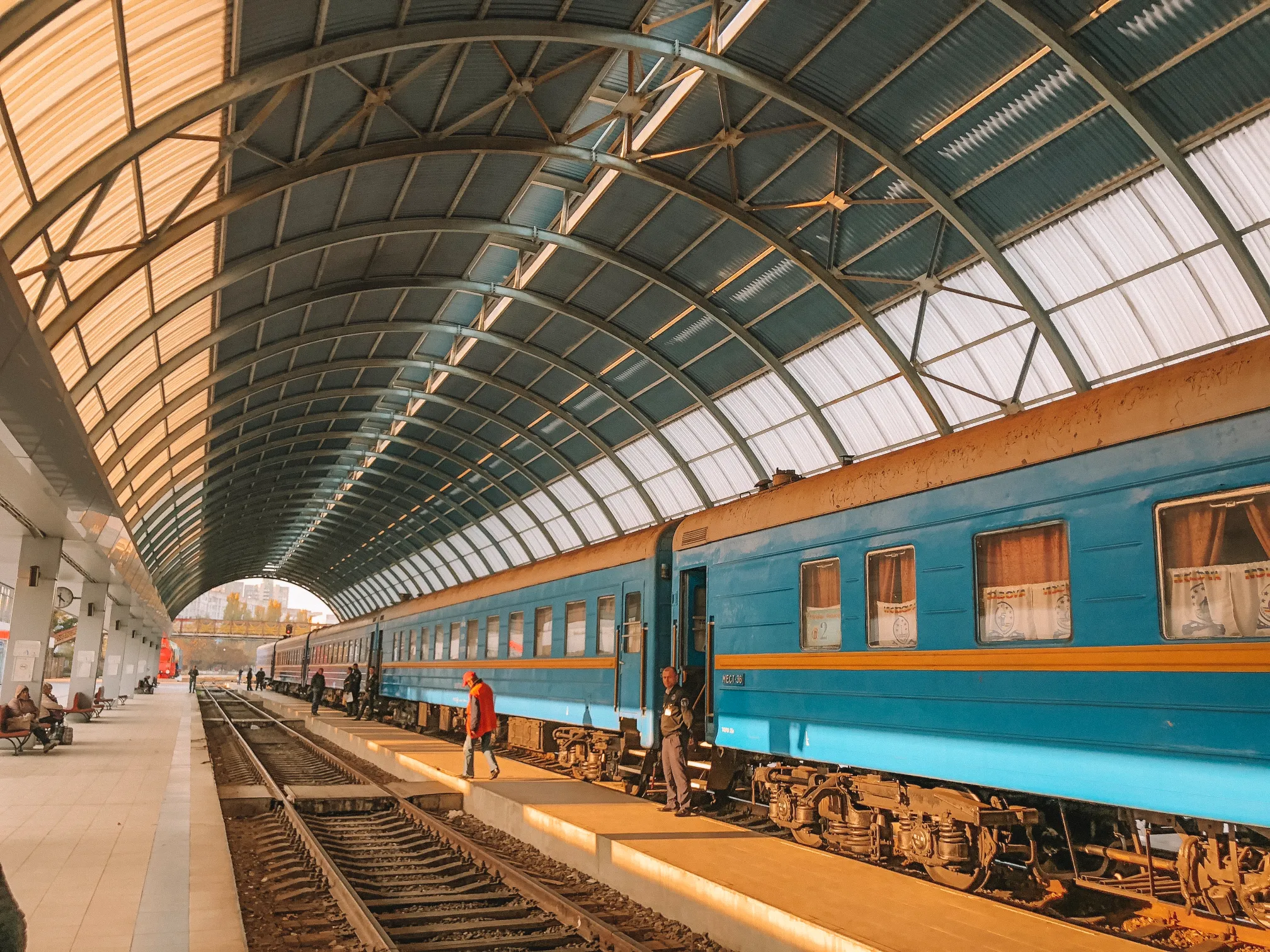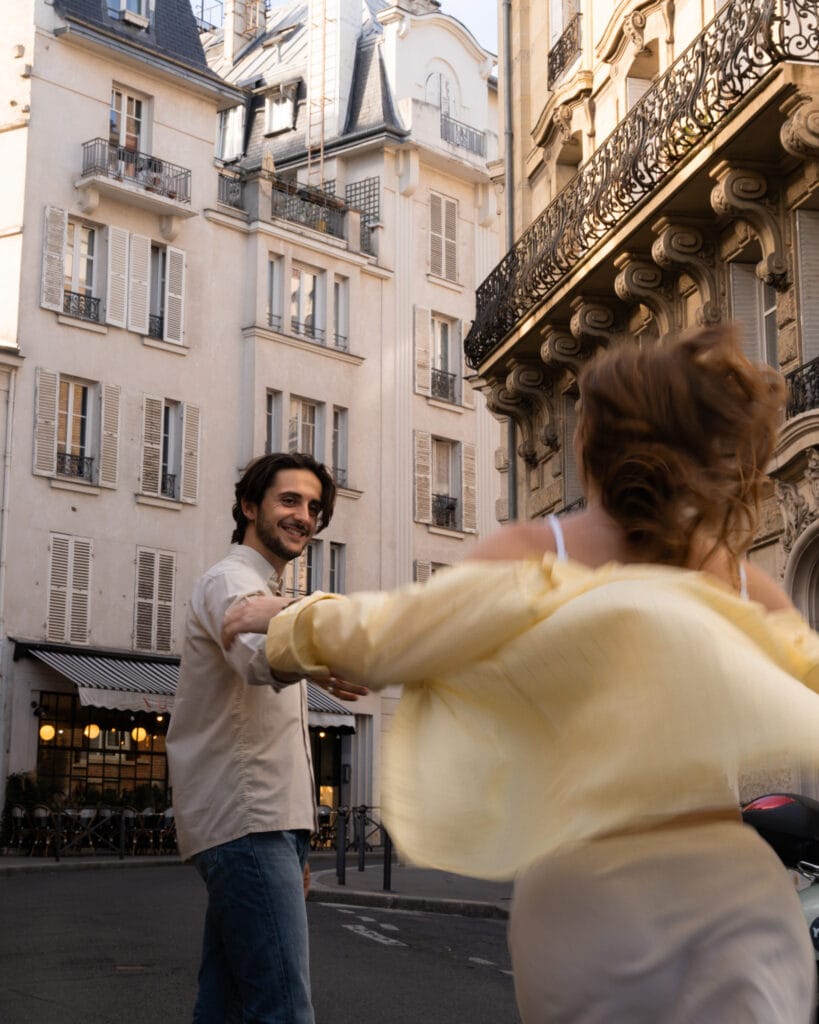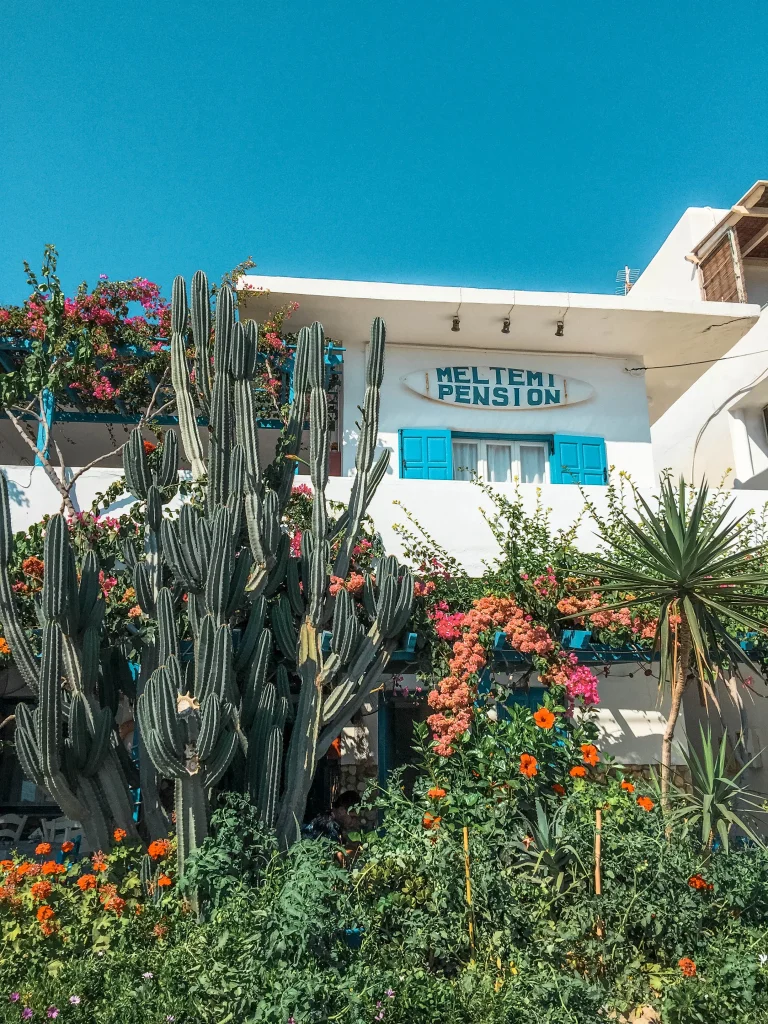
FAQs
popular questions
Find answers to our most commonly asked questions.
We work longgg hours in multiple month stints while saving up for our bigger trips. For example, we will work two to three jobs, taking all shifts available and often working six or seven days a week. On top of that, we regularly sell items such as clothing at markets for extra cash (Suitcase Rummage in Brisbane if anyone is close by!). We spend very minimally while preparing for trips. We actively seek out destinations that aren’t going to break the bank and plan out our trips very carefully so that we are sure we will be well within budget.
How long is a piece of string? No really though, it completely depends on so many different factors including your travel style, the region/s you want to visit and what activities you plan to do. For example, a ski holiday will likely cost much more than a hiking trip due to all of the extra costs involved with gear and passes. A one-week holiday in a luxury villa in Santorini is likely going to cost you more than a month backpacking Vietnam.
For a clearer answer to this question, check out the planning sections on our individual country and itinerary pages. This will give you a much better indication.
We live and die by the opinion that a backpack is king. Not only will this save your sanity when hopping on and off tricky modes of transport such as long boats, mopeds, and ferries, but you also won’t have to deal with the horrors of wheeling a 32kg suitcase through a foot of fresh powder in Finland (been there) or a foot of fresh mud in south Wales (trust me – it’s not it).
Unless you are centering yourself in a city or basing yourself in one to two points for the majority of your itinerary with very minimal movement, we HIGHLY recommend you consider taking a backpack as well.
This is the impossible question! Chances are, you’re asking because you want to get some cool ideas for your next trips. Though we can’t claim an absolute number one, the top regions definitely include:
- The Balkans: sun, summer and a crazy chaotic vibe that is SO addictive
- Finnish Arctic Circle: Northern lights, sauna, bear balls and the hospitality of the Sami people – need we say more?
- FNQ: Far North Queensland, though close to home for me (Hannah), this region has everything you could want in Australia – nature, wildlife, a wild wild vibe and activities to suit any travellers
For Aussies: check out UP Bank’s free debit card. We’ve found this to be the best debit card option for no ATM fees, no foreign transaction fees and amazing customer support when an ATM swallows your cash (happened to me in Guatemala, and they sorted me out immediately via the chat function!).
For Europeans: Revolut or for French: Lydia Black – excellent travel cards to avoid ATM fees and foreign transaction fees.
For UK: We’ve heard excellent things from other travellers about Monzo and Starling.
Can’t find an Answer?
Travel
Our top questions about packing, planning & life on the road …
It is super easy to make friends! The best thing you can do for yourself if you are going solo travelling and nervous about making friends, is book yourself into hostels. I always used the strategy of booking the BIGGEST possible dorm room – so if there was an option for a 24-bedder, that’s the one I would take. If you go for a smaller room of just 4-6 beds, you could end up with an already established friend group, or a bunch of weirdos.
Make sure you head down for the breakfast each morning – other solo travellers will generally just come and sit near you and ask what you’re doing for the day. Be sure to join in with hostel activities like pub crawls or free walking tours as I’ve made life long friends this way. Avoid staying in Airbnbs and hotels unless you need a little break for a few nights – it is going to be so much harder to meet people that way.
You can still make friends if you stay in a private room! Just make sure to get involved with the activities and socialise in common areas. It’s likely that if you are nervous about this, it is going to be one of your first solo trips. After your first few stops you will realise that it is actually super super easy, nothing to be stressed about, and so many others are in the same boat.
Rarely, you will find that you’ve stayed somewhere with just a dead vibe. It’s happened to me before – usually it’s been in an off-season or colder climate where hostel occupancy numbers are super low, and there are not many other travellers around. In this case, I’ve either managed to find just one other cool person to go around exploring with (like the time I met a Californian girl in a jail-hostel in Switzerland. It was almost empty and pretty dead, so we climbed into the attic to go exploring, and it is one of my best memories of Switzerland!) Or, I’ve used this stop as a little rest and re-energise, ready to move onto the next stop.
Remember to read reviews from other travellers on Hostelworld before you select a property – this should give you a really clear idea on what it is going to be like.
I am not an overly nervous traveller, so I’ve been known to willingly go into more hairy situations than some. But, even if you are the most anxious or cautious of travellers, the first thing you have to remember is that the media does love to scare you. Don’t go into a destination being afraid or thinking that something bad is going to happen. The reality is, most places are going to be nothing like what you’ve seen in the news.
That being said, make sure that you don’t go in blind. Do a bit of background reading first (check out our guides) and just ensure you have a rough idea of some of the cultural aspects, customs and precautions.
As a rule of thumb, we are always on high alert for pickpockets and theft. This is probably going to be the biggest issue you will face. Keep an eye on your belongings at all times and don’t put your phone down on the your table while sitting at a streetside cafe.
For women travelling alone in certain regions, you may feel more comfortable joining a tour. When I hear the word ‘tour’ I often shudder – it sounds like organised fun. But, there are some awesome multiple day group tours out there that make you feel like it’s just you and 15 of your new closest mates out there safari-ing through the Sahara.
Long story short: do your research, decide what you feel comfortable with, don’t walk into a warzone, and apart from that, remember that the world isn’t as scary as the media wants you to think it is.

Moving Overseas
Let us help answer your q’s … signed, two people who have separately moved to the other side of the globe at different times!
First things first – it’s so much easier than you think! Check out our full in depth guide to set up your working holiday visa step by step. If you are just thinking about it, know that it’s really easy to get the visa, and only available until you are 35 years of age, so it is seriously worth doing while you can. Don’t stress! Think about what job you might like to do in the UK. If you are straight out of school, consider following the UK Pub Co route like I did, it was an incredible experience that I would highly recommend as I was able to fully become involved in the traditional shoot seasons (something that my friends who have taken the office route in London never got the experience to do).
French & Irish baddies – you have until 35 years old to take advantage of the WHV – for all our other European brothers and sisters, make full use of the visa before you turn thirty.
Your working visa will automatically grant you one year in Australia – granted that you complete 90 days of farm work.
To gain a 2nd and 3rd year of the visa, additional farm work requirements apply. There have been recent changes in terms of people using Covid visas and all sorts to get around the visa requirements in the last couple of years in Aus.
For the best info, read our full guide to WHV in Australia.
You really don’t need to save all that much if you are going to go straight to work. In my case (Hannah), after paying for the visa fees before I left, I ended up heading to the UK at the age of 19 with just a few hundred dollars in my bank account. I actually borrowed the money needed for the proof of funds statement and then sent it back lol!
Keep in mind, I already had my job confirmed before I left, and it was a live-in position. So, I wasn’t super fussed about saving any more than that before I left. If you will be taking a similar route, you can do the same.
To play it safe, maybe save a little more than me and take at least $1000 with you.

Blogging
The most-asked …
YES! It is entirely plausible to craft an incredible career and living wage out of travel blogging! There are scores of professional travel bloggers that have been around for over ten years, many which I have personally admired, followed, and consulted in planning my own travels. Though these bloggers often have additional side hustles such as social media agencies, freelance writing, consulting and photography, these businesses often stem from the blog itself. If the money wasn’t coming in, these bloggers wouldn’t still be around and on the road over a decade in! If you stick with it and commit, it is entirely realistic to earn a lucrative income from travel blogging (just don’t expect it to shoot to the moon in the first twelve months!!… keep reading below)…
This is a very common and of course very important question – rightfully so, as putting a tonne of effort into your blog for months on end and burning into your savings to continue travelling is understandably stressful and even disheartening! But when will you see the light at the end of the tunnel, and start breaking even? Or, generating enough income to see that account in the green! Well, it does depend on factors such as your content strategy and focus (read: commitment).
However, through countless hours of research I did in the early days of starting this blog – listening to podcasts, YouTube videos, and of course reading the blogs of others who had made it – the golden number seems to be anywhere from eight to twelve months. The first money is unlikely to come from ad agencies as a considerable amount of traffic is needed to cash in on this strategy. Rather – in the beginning, the bulk of your income is likely to arise out of sponsored posts and affiliate sales.

Health
The most asked questions we get about staying fit, getting sick and what to do in a difficult situation.
Look. You just don’t know when something is going to go wrong. This could be a lost bag, a cancelled flight, or something far more sinister.
Do yourself a favour and just buy the travel insurance, no matter how short or ‘safe’ the trip.
Which one you choose is going to depend on a few things:
- Length of trip
- Type of trip
- Places you will visit
- Activities you will do
Our favourite travel insurance for long-term travel is SafetyWing. It was designed by travellers for travellers and gives you coverage as if you were back at home.
Check with your current health insurance if you have it – some extend to travel insurance plans depending on trip length and origin country.
I can also highly recommend World Nomads Travel Insurance. I have used it many times and it has been competitively priced compared to other options on the market.
If you get the usual Bali belly symptoms, monitor them carefully over a couple of days. Are they dissipating? If there’s no real change, PLEASE go get help from a doctor. My parasite materialised on my first day crossing the border from Cambodia into Thailand. With such limited time on my trip, I didn’t want to waste any of it going to a medical centre, and I thought the illness would just ‘go away’ because I had a strong stomach. Well, days, and weeks later, it hadn’t gotten any better at all, and by then it was already too late.
Just as with any illness you might pick up at home, if your symptoms don’t naturally improve over a period of time (usually a couple of days), please please go to a legit medical centre to get checked (NOT a guy in the hostel who trained as a nurse). This will potentially save you from years of suffering afterwards.
Yes, it is possible, but of course does require some level of commitment. Although, just from the fact that you will likely be doing a lot of walking during your trips, I find that this is a great base (get those steps in y’all) and will make a noticeable difference for those who have/had quite stationary jobs back home.
You have to of course rationalise that no routine is ever going to be perfect. We’re not aiming for perfection here! We just want to feel healthy and feel our best. Striving for some impossible number of gym sessions per week is only going to stress you out and detract from your holiday. Be aware that gyms can be expensive in many places abroad because they are specifically aimed at tourists.
If you use your increased daily steps as a great base, and add in a couple of weekly active sessions such as a bike ride around town, yoga session at the hostel, and maybe a swim or body-weight session in the park, you should be absolutely well on track to maintaining a super solid routine.
Personally, we like to aim for three planned activity sessions per week, plus daily walking. We find that this number is both not intimidating and doesn’t feel like it is encroaching on our week or our schedule. Kéran loves his rings exercises for an extremely effective full-body strength workout (it’s bloody HARD) whereas I prefer my little bodyweight circuit routines.
We treat any extra activities on top of this (volcano hikes, city tours, beach swims) as extra to our three planned activity sessions. Remember that 80% of your physique comes from diet. If you have a great base as mentioned above, check out our fave delicious healthy hostel meals to ensure you are gonna feel your best on your holiday!

